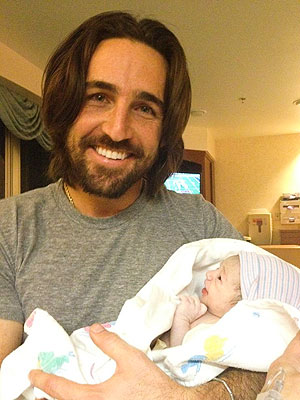Making a killing on initial public offerings used to be easy.
At the peak of the technology boom, little more than a decade ago, a plentiful supply of companies vied to sell stock on the exchanges, and investors were assured mouthwatering returns.
These days, the deals are fewer and the returns more modest.
Companies are set to raise more than $ 45 billion through IPOs this year — the most since 2007, according to data provider Dealogic. But if you scratch the surface, there are signs that the market is less healthy than it appears.
Almost a third of the money raised in IPOs this year came from one deal, Facebook‘s $ 16 billion offering in May, and the number of companies taking themselves public may end at a three-year low.
The pipeline, or backlog, of companies planning to sell stock is also thinning.
“It’s a reflection of the psychology of the market today. It’s not strong. It’s moderate to weak,” says Rob Lutts, chief investment officer at Cabot Money Management in Salem, Mass.
While 437 companies have filed for an IPO this year, 178 have withdrawn or postponed their planned listings, Dealogic data show.
The state of the IPO market matters beyond Wall Street. Besides giving investors the chance to buy into fast-growing parts of the market, offerings give companies the money to expand and hire workers.
Scott Cutler, head of global listings at NYSE Euronext, which runs the New York Stock Exchange, estimates that more than 90 percent of a public company’s employee growth comes after it has listed on an exchange.
IPO activity is dictated largely by the health of the overall stock market. Falling markets discouraging companies from going public.
The Standard & Poor’s 500 is up 11 percent this year, but the advance has been punctuated by sharp declines when investors fretted about European debt, the election and, now, a looming “cliff” of tax increases and government spending cuts.
“The general market has been real choppy this year. It really has,” says Sal Morreale, an institutional salesman at Cantor Fitzgerald in Los Angeles who tracks offerings.
Facebook’s calamitous market debut also put the brakes on IPOs.
The social networking site’s offering was the most keenly anticipated market debut at least since Google’s in 2004. But concerns about revenue from smartphone users spooked investors, and the offering was plagued by technical glitches.
The stock was priced at $ 38 and fell almost immediately, dropping as low as $ 17.55 on Sept. 4. The negative publicity helped shutter the IPO market for more than a month until EQT Midstream Partners, an energy company, sold stock June 16. Companies including American Tire Distributors and Crosair, a computer memory company, were among those withdrawing their IPOs.
“That deal has become a textbook case of how not to do a deal,” says Quincy Krosby, a market strategist with Newark, N.J.-based Prudential Financial. “That IPO really chastened investors.”
The backlog of companies planning IPOs fell to 39 in November, according to data from Ipreo, a market analysis company firm. That is the fewest since August 2009, just after the recession. The tally has been declining steadily since September 2011.
NYSE’s Cutler says that much of the decline is because of a law passed in April designed to make it easier for companies to attract funding. They can confidentially notify regulators of their intention to seek a listing.
Cutler says that if the business environment remains stable, the pace of IPO filling will be “slightly up” next year as companies become more familiar with the law.
The law allows companies to avoid disclosing competitively sensitive information and come to the market at much shorter notice. Ultimately, it will encourage more companies to seek listings, Cutler says.
Despite Facebook‘s high-profile slump, most companies have left something on the table for investors.
The average return for IPOs this year has been 11 percent, according to Dealogic data. That’s less than the average 88 percent one-year return that investors garnered in 1999 but roughly in line with the broader market.
Among the best debuts: Guidewire Software, a provider of software for the insurance industry, and Nationstar Mortgage Holdings, a Texas mortgage provider and servicer, according to data from IPO investment advisory firm Renaissance Capital.
Investors that bought Guidewire’s stock at $ 13 at its market debut in January have seen it rise to almost $ 30, while Nationstar’s stock has almost doubled from $ 14 to $ 27.35.
There are some advantages to a slow IPO market, says Lutts of Cabot Money Management. When demand is low, only the best companies are able to attract enough demand to list on the exchanges, raising the quality of companies coming to the market. And it can be an indicator that the broader market is oversold and thus offers some bargains.
“When we’re frothy, everything is coming at a premium,” Lutts says. “I’m interested in equities today because of a weak IPO market.”
Social Media News Headlines – Yahoo! News










